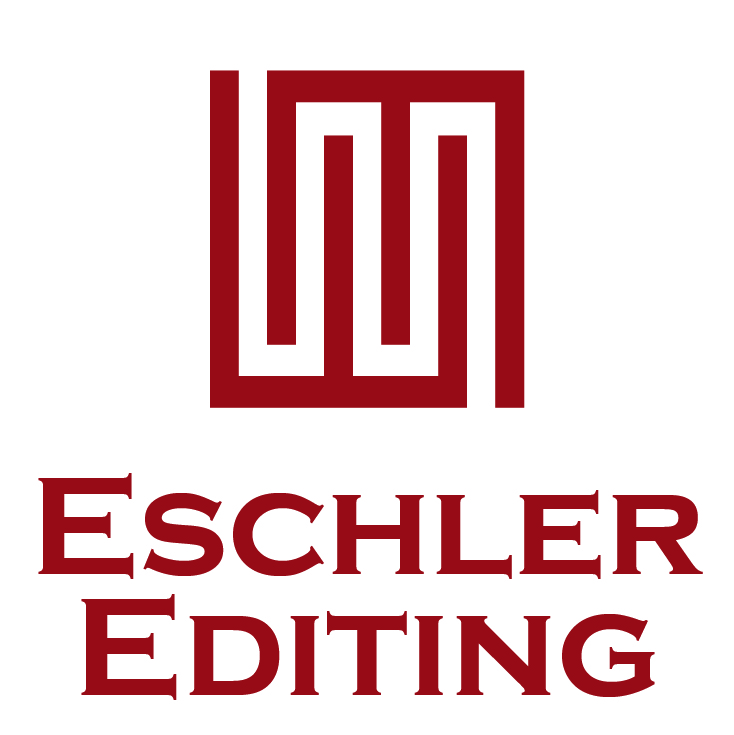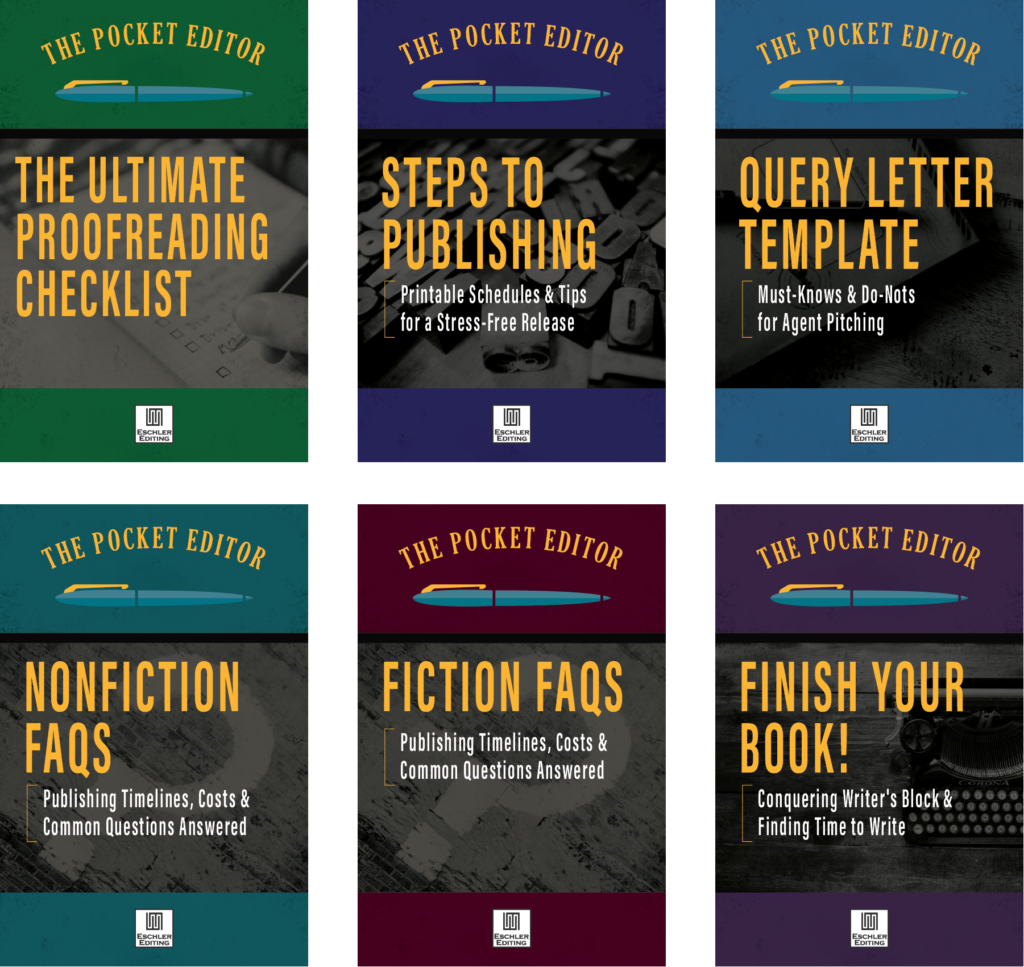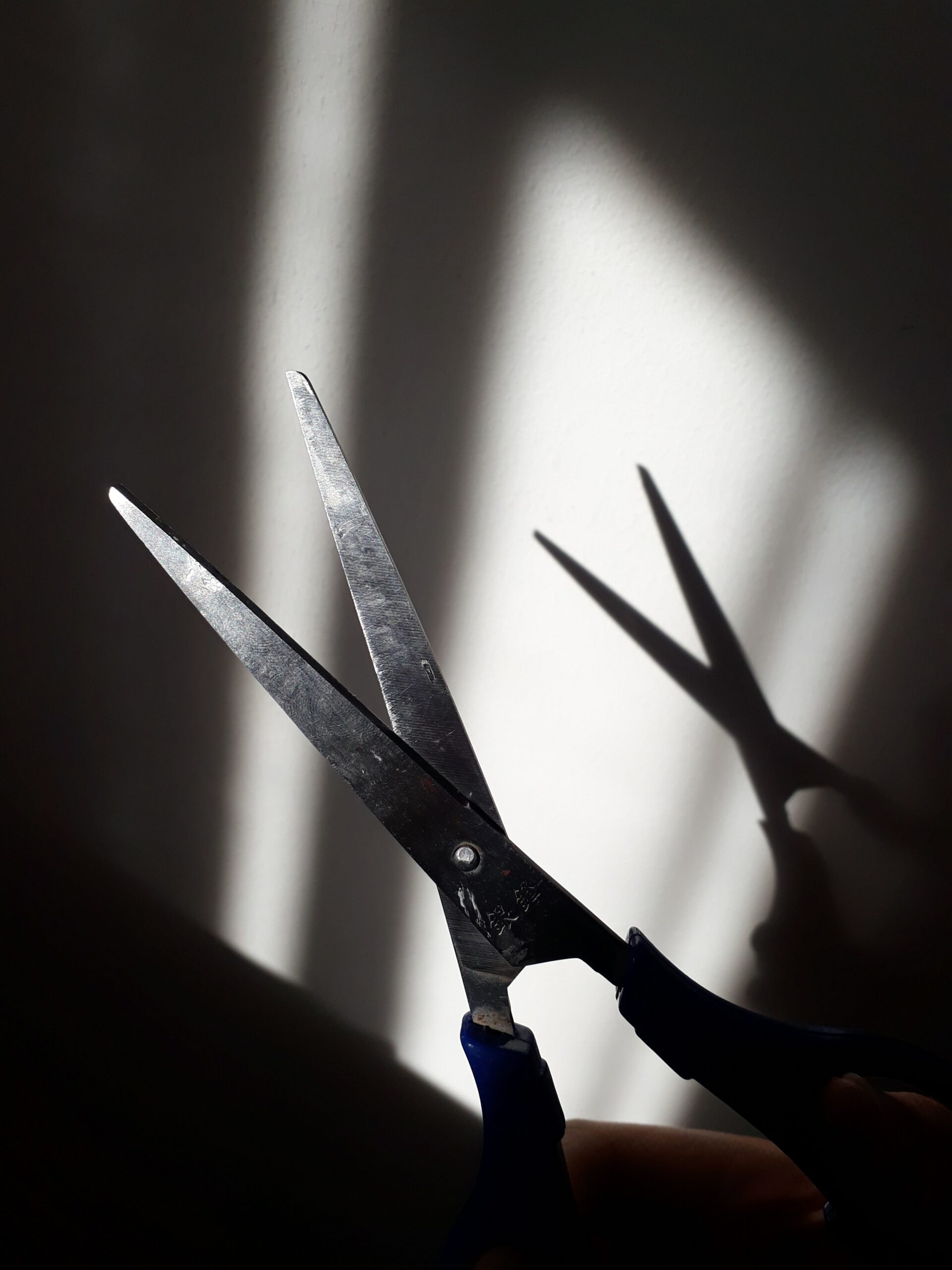“An anesthesiologist has to do only one thing well: Put the patient under without killing him. But she has to know about five hundred things to do it successfully. It is the same with the writer.”
—Larry Brooks, Story Physics
A writer only has to do a few things well to woo agents, publishers, or an adoring public but having to know hundreds of things in order to do those few well? That sounds like a lot of work—not just an affair with NaNoWriMo—putting your baby out there and sitting back to watch the acceptance letters and fan mail pour in.
As romantic as we want the writing life to look, the reality is that, like most careers, it requires an investment of time and effort to be really successful. While you can’t control everything in the process of “making it,” you can make a sizeable impact on the likelihood of your success and cut the learning curve considerably by simply studying what makes a good book tick—tuning in when the real pros share what they’ve learned.
We call this series “Editor’s Nightstand” because it provides a list of the resources on our nightstands—books that editors found brilliant in terms of helping writers up their game. And we raided the nightstands of writers we admire. So while the books we list don’t represent every great book on writing or publishing, they are must-reads for producing compelling prose, plot, or message (and selling it)! Some of these how-to gems reveal “recipes” that most bestsellers riff on, and others help you take a recipe and make it your very own—fresh and intriguing.
This done-for-you research (it’s even organized by genre/category) is ready to devour, so stop banging your head against the wall and feast on a couple titles below—we hope you’ll gain some instant insight. (And if you’re paralyzed by large menus, we’ve got our chef’s picks here as an appetizer.) Lastly, see our list of writing conferences, relevant to all the lists below.
Bon appétit!
Prose Execution, Nonfiction or Fiction
- The First Five Pages: A Writer’s Guide to Staying Out of the Rejection Pile
by agent Noah Lukeman
- It Was the Best of Sentences, It Was the Worst of Sentences
by June Casagrande
- Self-Editing for Fiction Writers: How to Edit Yourself into Print
by Renni Browne and Dave King
- There, Their, They’re: A No-Tears Guide to Grammar from the Word Nerd
by Annette Lyon
- Style: Lessons in Clarity and Grace
by Joseph M. Williams
- Writing with Style: Conversations on the Art of Writing
by John R. Trimble (for any genre)
- Writer’s Digest magazine (a good resource for every category below)
Writing Fiction
Big Picture—Insights on What Makes a Novel Sell
- Story: Substance, Structure, Style, and the Principles of Screenwriting
by Robert McKee (the bible for creating tension—and almost as voluminous as the Bible)
- Story Engineering
and Story Physics
by Larry Brooks
- Wired for Story: The Writer’s Guide to Using Brain Science to Hook Readers from the Very First Sentence
by Lisa Cron
- Hooked: Write Fiction That Grabs Readers at Page One and Never Lets Them Go
by Les Edgerton (excellent book on how to structure a winning story no matter the genre or audience—and a fast little read)
- Creating Character Arcs: The Masterful Author’s Guide to Uniting Story Structure, Plot, and Character Development by K.M. Weiland
General Fiction Craft
- Characters and Viewpoint
by Orson Scott Card
- Scene and Structure
by Jack Bickham (excellent read for achieving fast pacing)
- How to Write a Damn Good Novel
by James N. Frey
- The Complete Handbook of Novel Writing
edited by the Editors of Writer’s Digest (has many authors contributing on different topics)
- David Farland’s Daily Kick in the Pants (an email newsletter from the New York Times bestselling author with advice on writing)
- Writing Excuses (excellent 15-minute podcasts on improving writing craft and storytelling)
- The Write It Right Series (advice from writer Tristi Pinkston)
- Writing on the Wall and Eschler Editing (be sure to see our archives)
- Writer’s Digest magazine
Children’s
- The Business of Writing for Children
by Aaron Shepard
- 2014 Children’s Writer’s and Illustrator’s Market
by Chuck Sambuchino
- Writing Irresistible Kidlit: The Ultimate Guide to Crafting Fiction for Young Adult and Middle Grade Readers
by Mary Kole
Young Adult
- Writing Young Adult Fiction for Dummies
by Deborah Halverson (this five-star book is a beefy 350 pages of great information and inspiration)
- Writing Great Books for Young Adults: Everything You Need to Know, from Crafting the Idea to Landing a Publishing Deal
by Regina Brooks
- Writing Irresistible Kidlit: The Ultimate Guide to Crafting Fiction for Young Adult and Middle Grade Readers
by Mary Kole
- Writing Magic: Creating Stories That Fly
by Gail Carson Levine (this is written for young people who want to write)
Speculative (Sci-Fi, Fantasy, Paranormal, etc.)
- Writing Fantasy and Science Fiction: How to Create Out-of-This-World Novels and Short Stories
by Orson Scott Card, Philip Athans, Jay Lake and the Editors of Writer’s Digest
- Writing the Paranormal Novel: Techniques and Exercises for Weaving Supernatural Elements into Your Story.
by Steven Harper
Reference Books to Spark Your Creativity and World-Building Ideas
- Physics of the Future: How Science Will Shape Human Destiny and Our Daily Lives by the Year 2100
by Michio Kaku
- How to Think Like Leonardo da Vinci: Seven Steps to Genius Every Day
by Michael J. Gelb
- Jared Diamond’s books on the history of culture and civilization
- Any “history of” books—and also physics and economics and poli-sci. The more you understand about the world around you, the easier it is to draw outside the lines when you’re creating your own worlds.
Thriller/Mystery
- How to Write Killer Fiction: The Funhouse of Mystery and the Roller Coaster of Suspense
by Carolyn Wheat
- Don’t Murder Your Mystery
by Chris Roerden (an Agatha Award-winning book)
- How to Write Killer Historical Mysteries: The Art and Adventure of Sleuthing Through the Past
by Kathy Lynn Emerson
Romance
- On Writing Romance: How to Craft a Novel That Sells
by Leigh Michaels
Historical Fiction
- How to Write Killer Historical Mysteries: The Art and Adventure of Sleuthing Through the Past
by Kathy Lynn Emerson
- Medieval Underpants and Other Blunders: A Writer’s (and Editor’s) Guide to Keeping Historical Fiction Free of Common Anachronisms, Errors, and Myths
by Susanne Alleyn
- How to Write and Sell Historical Fiction
by Persia Wooley
- Travel guides are awesome resources, even newly published ones, because a lot of times you’ll get good snippets of info about that country’s past or culture. University libraries are another resource, with good information often coming in the form of master’s theses—very specific titles. Writer’s Digest publishes many specific books for writers, like the Old West, the Victorian Era, etc., with vernacular, clothing, customs, etc. But as great as they are, they aren’t enough for someone hoping to write about a specific period. You’ll probably want to dig deeper to write really great historical fiction.
Western Fiction
- How to Write Western Novels
by Matt Braun
Writing Nonfiction
Nonfiction Craft, Market, and Industry
- The Art of Nonfiction: A Guide for Writers and Readers
by Ayn Rand
- Damn! Why Didn’t I Write That?
by Marc McCutcheon
- You Can’t Make This Stuff Up: The Complete Guide to Writing Creative Nonfiction—from Memoir to Literary Journalism and Everything in Between
by Lee Gutkind
- Telling True Stories: A Nonfiction Writers’ Guide from the Nieman Foundation at Harvard University
edited by Mark Kramer and Wendy Call
- On Writing Well: The Classic Guide to Writing Nonfiction
by William Zinsser (considered by many to be the companion to Strunk & White’s The Elements of Style
—and just as useful)
- The Art of Creative Nonfiction: Writing and Selling the Literature of Reality
by Lee Gutkind
- This little video has great tips for writing faster and better—great for blog/newsletter writing (because you should have a website, a growing email list, and Facebook fan page), article writing, and chapter drafts you want to knock out.
Magazines
- Writer’s Digest Handbook of Magazine Article Writing
edited by Michelle Ruberg (this covers everything from coming up with ideas to crafting the perfect query letter to researching and writing your article)
- 2014 Writer’s Market
edited by Robert Lee Brewer (There’s a new iteration each year. Every writer needs a copy of this book! For those wanting to break into magazines, you’ll find more magazines listed than you ever knew existed, as well as information about how to contact them and how to break into them.)
Personal Experience/Memoir
- Handling the Truth: On the Writing of Memoir
by Beth Kephart
- The Art of the Personal Essay: An Anthology from the Classical Era to the Present
by Phillip Lopate (considered the bible of the personal essay, it includes both examples of essays throughout history as well as instructional info)
- See some of the titles in the general nonfiction list above
Poetry
- Writing Poems
by Michelle Boisseau, Hadara Bar-Nadav, and Robert Wallace (there are several editions, sometimes with different collaborating authors)
- You Must Revise Your Life
by William Stafford
- In the Blue Pharmacy: Essays on Poetry and Other Transformations
by Marianne Boruch
For Beginners
- In the Palm of Your Hand: The Poet’s Portable Workshop
by Steve Kowit
- Writing Down the Bones: Freeing the Writer Within
by Natalie Goldberg
- Bird by Bird: Some Instructions on Writing and Life
by Anne Lamott
For the More Advanced
- The Triggering Town: Lectures and Essays on Poetry and Writing
by Richard Hugo
- The Practice of Poetry: Writing Exercises from Poets Who Teach
by Robin Behn and Chase Twichell (writing prompts and exercises)
- The Art of Syntax
by Ellen Bryant Voigt; The Art of Recklessness
by Dean Young; and The Art of Description
by Mark Doty (all from “The Art of” series)
- Next Word, Better Word: The Craft of Writing Poetry
by Stephen Dobyns
- The True Secret of Writing: Connecting Life with Language
by Natalie Goldberg (a Zen boot camp, her legacy teaching)
The Business End of Writing: Securing Agents, Contracts, Promoting, Etc.
- Jab, Jab, Jab, Right Hook: How to Tell Your Story in a Noisy Social World
by Gary Vaynerchuk (the book on using social media effectively)
- Make a Killing on Kindle (without Blogging, Facebook, or Twitter): The Guerilla Marketer’s Guide to Selling Your eBooks on Amazon
by Michael Alvear (some advice from books relevant to online marketing will go out of date quickly, but the books will still give you an idea for where to start and how to play the game)
- How I Sold 1 Million eBooks in 5 Months!
by John Locke
- How to Publish a Best Seller on Amazon.com
by Nicholas Black
- The First Five Pages: A Writer’s Guide to Staying Out of the Rejection Pile
by Noah Lukeman
- Writer Mama: How to Raise a Writing Career Alongside Your Kids
by Cristina Katz
- Damn! Why Didn’t I Write That? by Marc McCutcheon
- Nonfiction Book Proposals Anybody Can Write
by Elizabeth Lyon (if you intend to sell a nonfiction book—other than perhaps a memoir— you’ll need to first master the art of the nonfiction book proposal)
- 2014 Writer’s Market
edited by Robert Lee Brewer (There’s a new iteration each year. Every writer needs to look at this book!)
- Writing on the Wall and Eschler Editing (be sure to check out our articles on finding an agent; see our archives)
- For your website’s blog/newsletter and social media posts: this little video has great tips for writing faster and better.
The Writing Life: Inspirational (overcoming fear and writer’s block, habits of successful writers, finding time, etc.)
- The Artist’s Way
by Julia Cameron
- Zen in the Art of Writing
by Ray Bradbury
- Daily Rituals: How Artists Work
by Mason Currey
- A Storyteller in Zion
by Orson Scott Card
- The War of Art: Break through the Blocks and Win Your Inner Creative Battles
by Steven Pressfield
- The Creating Brain: The Neuroscience of Genius
by Nancy C. Andreason
- Creative Confidence: Unleashing the Creative Potential within Us All
by Tom Kelley and David Kelley
- Art and Fear: Observations On the Perils (and Rewards) of Artmaking
by David Bayles and Ted Orland
- This little video has great tips for writing faster and better—great for blog/newsletter writing (because you should have a website, a growing email list, and Facebook fan page), article writing, and nonfiction chapter drafts you want to knock out.
- Writing on the Wall and Eschler Editing (be sure to check out our articles on finding time to write; see our archives)
If you got through this whole list, congrats! Now pick one and devour! Did we leave anything out? Share the best book you’ve ever read on becoming a successful writer!
Please note that we have an affiliate association with Amazon, and some of the links on our site may be affiliate links. As an Amazon Associate, we earn a small commission if you buy from affiliate links.





All of these books appear to be good for teaching the skills of writing, with one exception, Orson Scott Card’s “A Storyteller in Zion.” Rather than a book on how to become a Mormon storyteller, it is a collection of essays by Card on various aspects of LDS culture. There is very little in there about how to better your skills as an author. Also, I believe the book is out of print these days.
Thanks for the tip, Rich. In this book, Card does have several essays on the art of storytelling, morality in fiction, science fiction’s relationship with Mormon culture. Still, while it definitely has food for thought, it isn’t the only focus of the collection (other essays have nothing to do with writing) as you point out.
Some writers and editors, especially those focusing on the local LDS writing community, found some of those essays relevant, so we included it, even though it isn’t a hundred percent about writing per se. It’s good to know it might be harder to get. I’m sure hard-core Card enthusiasts will find a way to find it if so.